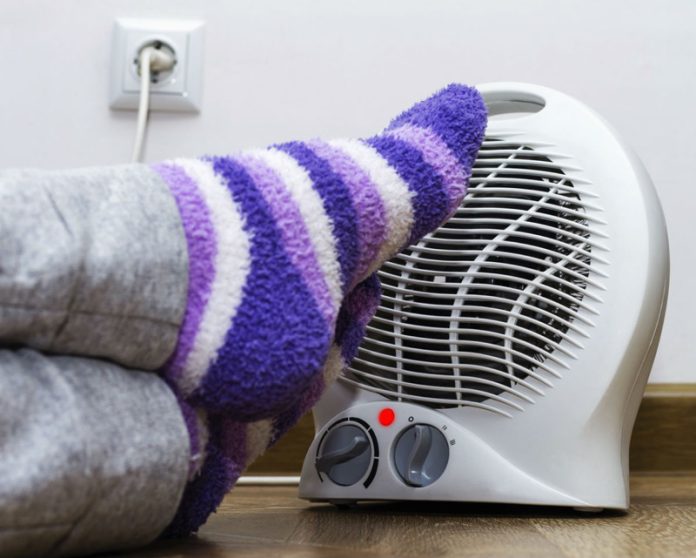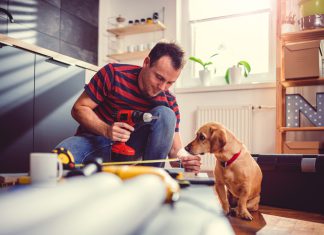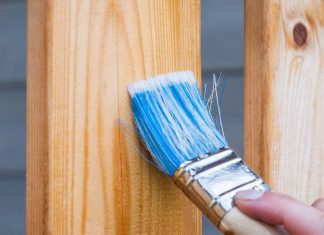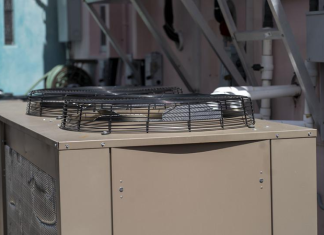It’s tempting to buy a small heating system because it costs less. Other times, home improvements such as expanding a room make the existing system inadequate. Running a heating system smaller than the space it is meant to heat can lead to frustrations as you never achieve the desired temperatures on time.
Consult Airway Heights furnace installation experts for estimations and advice on the right size for the space. Here are some of the risks of running a heating system that is too small:
Short Cycling
Short cycling is when the heating system repeatedly turns on and off without completing an entire cycle. It leads to inadequate heating, as well as increased energy consumption. It also significantly strains the system, causing increased wear and tear and a greater risk of breakdowns.
Why does the system short cycle? When the system is too small, it cannot generate enough heat to maintain an optimal temperature for the entire space. The system has to cycle on and off to maintain temperatures but never reaches the desired level.
Inadequate Heating
A system that is too small will only heat part of the space promptly. You will experience cold spots and rooms that take longer to warm up than others. Even if you manage to get the room warm, it will only stay at a comfortable level for a while. This leads to a lot of frustration and, sometimes, health risks due to uncomfortable temperatures. You may also experience more mold and mildew, as the colder temperatures make it easier for moisture to build up.
Increased Energy Consumption
A smaller unit uses less power to run. However, it will consume more energy because it runs more frequently due to short cycling. Expect your heating bills to go up since the system will run longer. The problem is worse when you pair the system with oversized ducts, as this will cause further inefficiency.
Overworking and Shortened Lifespan
The heating system has to work harder and longer than it should when it is too small. The effort leads to increased wear and tear, which will shorten the lifespan. Expect more frequent breakdowns, repairs, and replacements. Note that frequent replacements are not environmentally friendly.
Poor Indoor Air Quality
A system that is too small will not filter the air sufficiently. It means that dust, pollen, and other particles will circulate in the air, leading to poor indoor air quality. Poor IAQ can cause various health problems, such as allergies, asthma, and respiratory infections.
Get the right size of heating system for your space. However, if you can’t, supplement with a smart thermostat. Other measures include:
- Using Portable Heaters
- Adding insulation to retain heat and reduce energy consumption
- Sealing air leaks to reduce energy consumption
- Changing filters more frequently to improve indoor air quality
- Installing fans to distribute heat evenly
Unpleasant Noise
A small system works harder to heat the home and will, therefore, produce more noise. Loud noise is annoying and disruptive. The noise can also be due to frequent breakdowns and worn-out parts.
Consider Your Needs When Shopping
Although a small system will cost less than a large one, you may spend more in the long run. Estimate your heating needs and consult an expert. They will consider the space size, windows, insulation, local temperatures, and your budget. They will also help you shop for suitable efficiency ratings.
















